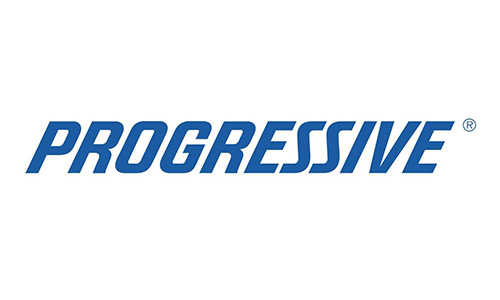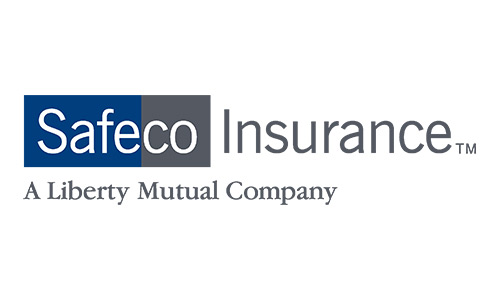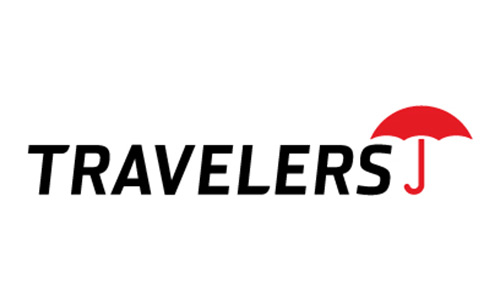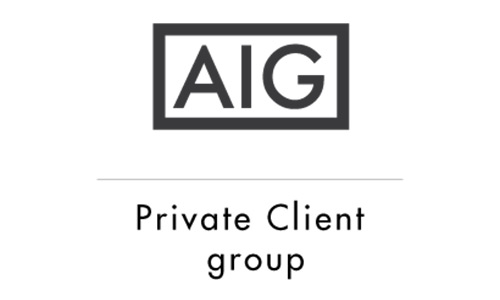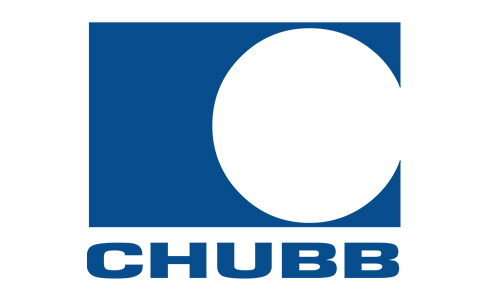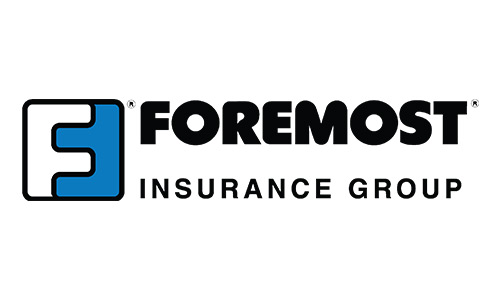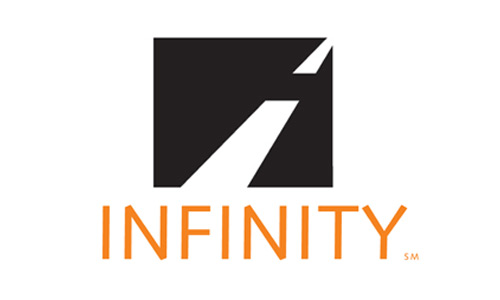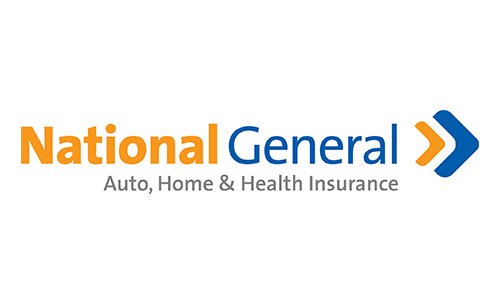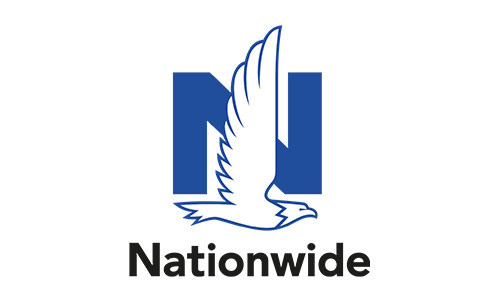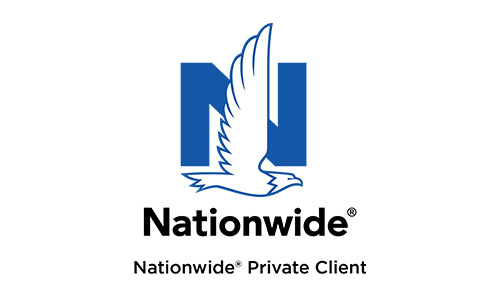Recreational Vehicle and Trailer
RV insurance is often considered to be in the same category as Auto Insurance to the average person, but in reality is quite different depending on your usage and needs. What if you don’t use your RV very often? What happens if you have a claim off-road? Are you covered? Does your policy cover your permanently installed additions and personal property? These are all questions you should be asking when you apply for RV Insurance. Choosing the proper coverage and getting the right information from your agent is paramount to protecting your assets and your wallet. The following information provides the basics so you can make the right decisions when buying your insurance policy.
Fast Accurate Quotes
Call (888)498-4495 or click the link below.
Let’s start by helping you understand the basics that make up an RV insurance policy
Bodily Injury and Property Damage Liability
Liability is insurance that covers only the bodily injury liability and property damage that you cause to another person or their property. California State Law mandates you carry Bodily Injury liability limits of $15,000 per person / $30,000 per accident and Property Damage Limits of $5,000.
Limits range from:
$15,000/$30,000/$5,000
$15,000/$30,000/$10,000
$25,000/$50,000/$25,000
$50,000/$100,000/$50,000
$100,000/$300,000/$100,000
$250,000/$500,000/$250,000
$500,000 CSL (Combined Single Limit)
$1,000,000 CSL (Combined Single Limit)
Excess Liability and Umbrella coverages available
Uninsured/Underinsured Motorist Coverage
Uninsured/ Underinsured Motorist adds protection for you when someone hits your vehicle and causes you bodily injury and/or property damage when that person is not carrying any insurance, or not enough insurance to cover your damages.
The lowest limits you can purchase in California are $15,000 per person / $30,000 per accident for bodily injury, with the property damage covering up to $3,500 for your car. Again, just like the liability, you can request higher limits to match your liability coverage.
Medical Payments
This covers medical expenses for you and your passengers up to the limits on your policy when you are involved in an accident, whether your fault or not!
Limits range from $500 per person up to $100,000 per person. This should not be confused with Health/Medical insurance as Medical Payments coverage is designed primarily as a supplement to your existing health policy to help cover excess payments or bills. For example; Ambulance expense, deducible on your health policy, passengers injuries. Your health insurance will ALWAYS be primary in any auto accident with the Medical Payments there to “mop up” the rest.
Comprehensive
Comprehensive covers your vehicle for damages that result from a covered loss other than a collision, such as fire, theft, and vandalism.
The Insurance Company will pay for the damages minus your deductible. For example, if your vehicle has a $10,000 loss due to theft and your deductible is $500, the Insurance Company will pay you $9,500 for your covered loss.
Collision
Collision coverage pays for physical damage to your vehicle caused by rolling over or a collision with another vehicle or object, such as a building, fence or telephone pole.
The Insurance Company will pay for the damages minus your deductible. For example, if your vehicle has a $10,000 loss due to a roll over and your deductible is $500, the Insurance Company will pay you $9,500 for your covered loss.
Rental
Rental covers the cost of a rental car if your vehicle is in the shop for a covered loss.
For example, depending on your policy limits, they may pay for a rental car in the amount of $20 per day for a maximum of 30 days or $600.
Emergency Expense
For pleasure use: Pays up to specified limits for reasonable temporary living facilities, transportation and the cost of returning the RV if it becomes inoperable due to a covered loss more than 50 miles away from the primary residence.
For use as the primary residence: Pays up to specified limits for reasonable temporary living facilities and transportation expenses if the RV becomes inoperable due to a covered loss.
Roadside Assistance
When you purchase the Emergency Roadside Assistance, it MAY cover:
- Mechanical First Aid: Any vehicle requiring a minor adjustment (exclusive of parts) to enable it to proceed under its own power
- Tire service: The temporary plug and patch or “Slime” if you run over a nail
- Battery Service: Attempting to start a vehicle with a booster battery
- Delivery service: Delivery of an emergency supply of gasoline, oil, or water and other accessories and supplies as may be required and available.


